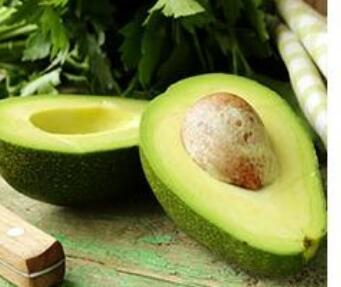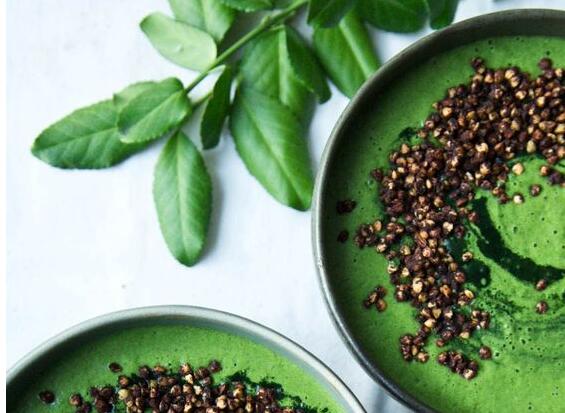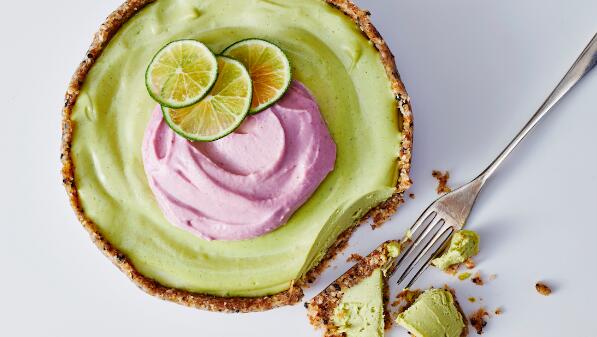how to find non-gmo foods
Date:2019-04-15Views:893
Supporters of genetically modified organisms claim that they are very safe and have the potential to alleviate world hunger, but many consumers are not so sure. There are legitimate concerns about the safety and environmental impact of GMOs, but the producers are firmly opposed to any attempt to label them, making it impossible for consumers concerned to distinguish between products containing GMOs and products without GMOs.
So how do ordinary people distinguish between genetically modified foods and supplements and non-genetically modified foods?
Genetically modified organisms have no markers
Although the vast majority of consumers support GM labelling schemes, there are no warning labels for the sale of foods and supplements containing GMOs. Why has no law been enacted requiring the identification of such commodities?
How to Find Non-GM Food
Due to the lack of labels, it seems inevitable to inadvertently ingest genetically modified organisms. After all, GM maize, soybeans and rapeseed are ubiquitous, and the list of products containing these ingredients is almost endless.
Fortunately, for shoppers concerned, there are ways to avoid buying products containing GM ingredients.
De organic
Purchasing only certified organic products is a good start. Except corn, soybeans and pumpkins, most of the fresh vegetables in the product section are non-GM vegetables, but buying organic vegetables can ensure that vegetables do not contain GM ingredients.
Check ingredient
Another important step in eliminating GMOs from the diet is to carefully check the ingredient list. Even foods that you might think do not contain GMOs sometimes do, because ingredients such as corn syrup, oil and thickeners are usually made from these products.
Searching for Non-GMO Seals
The seal of non-GMO verification is a clear signal that the manufacturer intentionally excludes GMOs from its products. Non-GM projects are the only independent third-party labelling program in the United States, so their approval stamps have a considerable influence on those interested in buying non-GM products. Looking for seals, you will be able to rest assured that your food or supplements do not contain GM ingredients.
Choose your oil carefully
More than 90% of rapeseed oil sold in the United States contains GM ingredients. Non-GM rapeseed can be found, but it may be easier to avoid rapeseed altogether. Alternative cooking oils, such as olives and coconuts, are far less risky (almost zero) to contain genetically modified materials, so they are a simple option for those seeking to eliminate genetically modified organisms from the table.
Product research is another way to determine whether the ingredients contain genetically modified organisms. Many details about certain products can be found online. In Nutrex, Hawaii, we are happy to boast that our supplements: Spirulina Hawaii and BioAstin astaxanthin are made from genetically modified ingredients and cultured without pesticides or herbicides.
 What kind of Chinese medicine to eat in summer?
What kind of Chinese medicine to eat in summer? Autumn health, eating fruits, helping to moisten and lose weight
Autumn health, eating fruits, helping to moisten and lose weight Older people do it healthily through winter
Older people do it healthily through winter It is better to quit smoking in the summer.
It is better to quit smoking in the summer. It’s easy to get tired in the fall. Teach you how to prevent it.
It’s easy to get tired in the fall. Teach you how to prevent it. Dry in the autumn to replenish water recommended to drink green tea health
Dry in the autumn to replenish water recommended to drink green tea health
